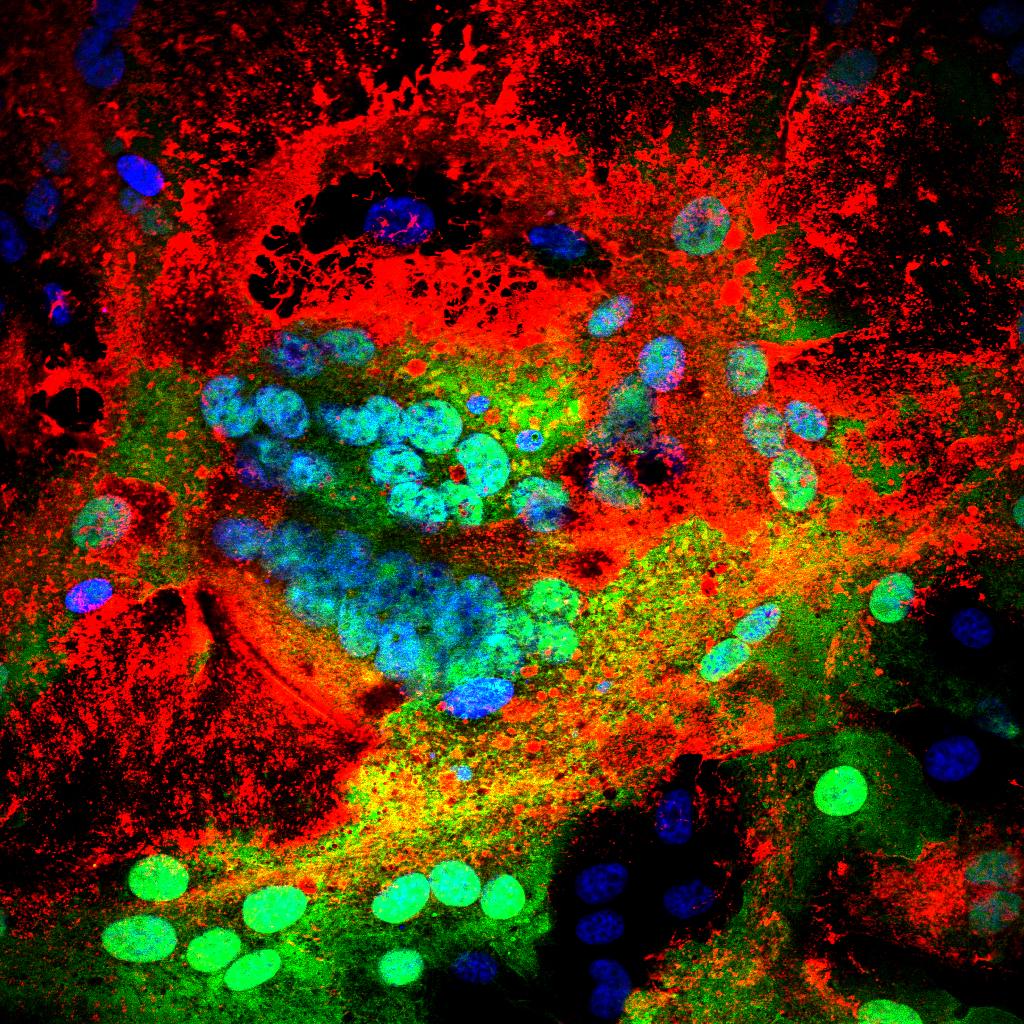Evaluation of risk factors for peste des petits ruminants virus in sheep and goats at the wildlife-livestock interface in Punjab Province, Pakistan
Peste des petits ruminants virus (PPRV) is causing infectious disease with high morbidity and mortality rate in domestic and wild small ruminants of Pakistan with valuable economical losses. The present study was carried out to investigate risk factors of PPRV in domestic small ruminants which were present in the vicinity of wildlife parks. A total of 265 sera samples (27 wild ruminants and 238 domesticated small ruminants) from apparently healthy animals from two different wildlife parks were collected and analysed for PPRV antibodies. Also, 20 nasal swabs from domestic small ruminants showing respiratory signs were collected to check for presence of PPRV antigen. Competitive ELISA revealed highest proportions of anti-PPRV antibodies in domestic small ruminants around the Wildlife Park at Lahore (35%) as compared to Faisalabad (13%), with no existence of PPRV antibodies in tested serum of wild ruminants at these parks. Higher seropositivity was observed in females (25.6%) than in males (5.1%) and in goats (34.5%) compared to sheep (11.2%). The results of N-gene based RT-PCR highlight the absence of PPRV due to lack of current PPR outbreak in the region during study period. Even though grazing was not a significant risk factor, there is still a possibility of wildlife-livestock interactions for feed and water reservoirs, resulting in spillover of PPR to wildlife. Keeping in view the high seropositivity and risk of PPR, vaccination should be adopted to avoid circulation of PPRV among wild and domestic small ruminants (sheep and goats).
Back to publications
